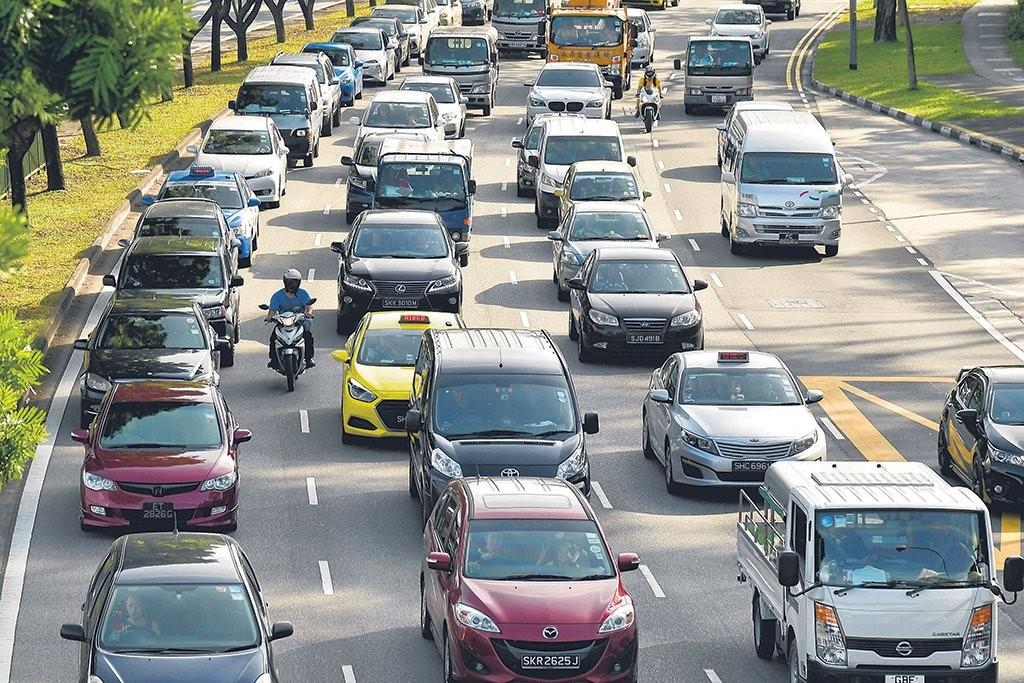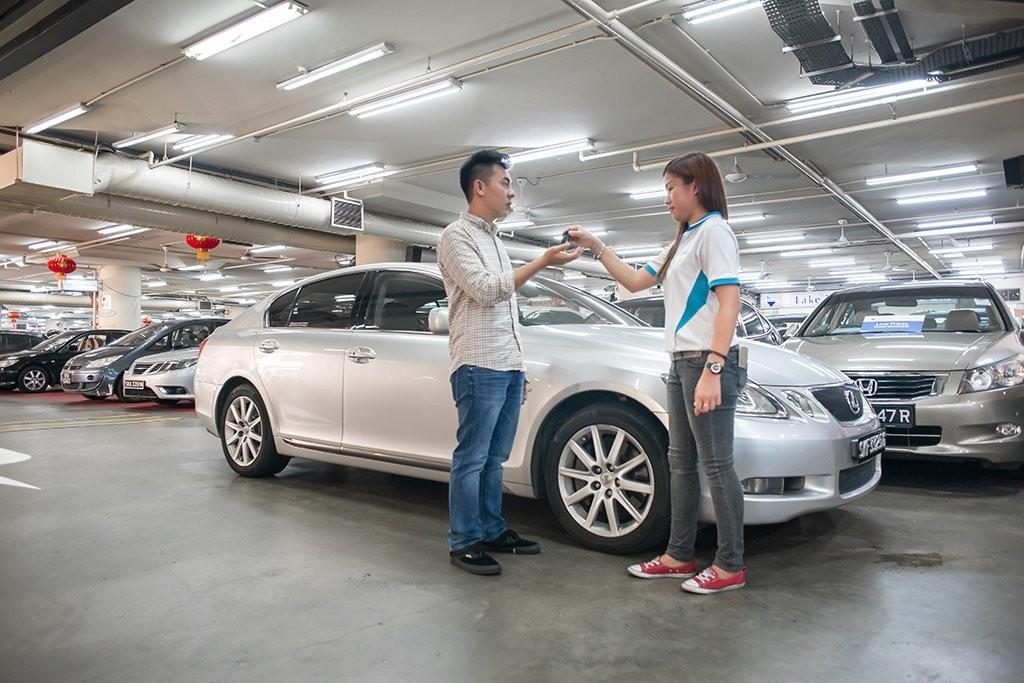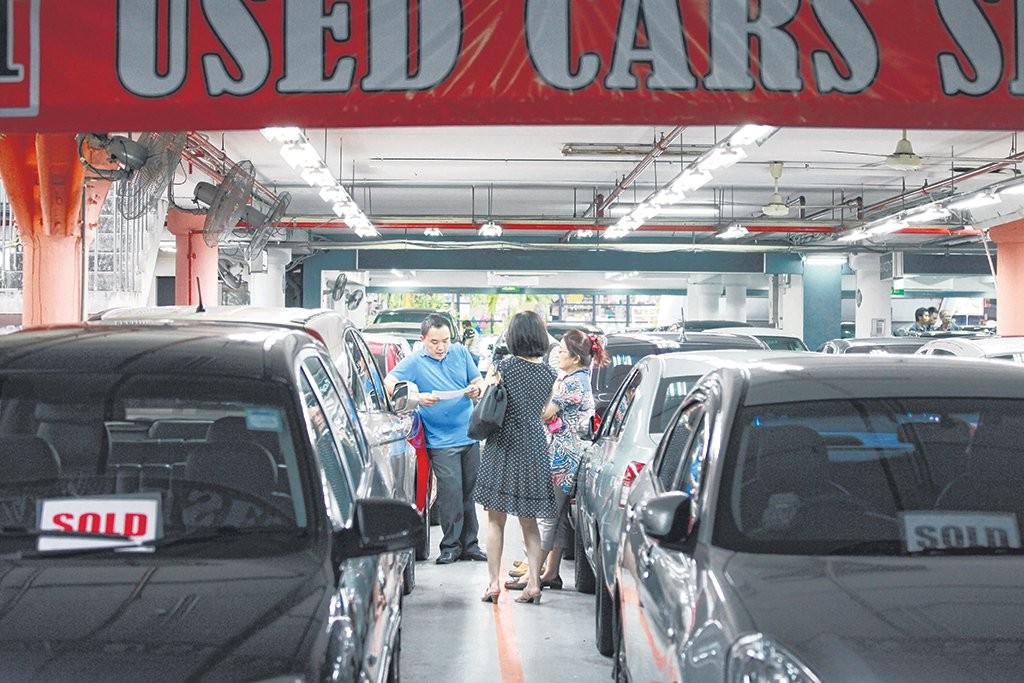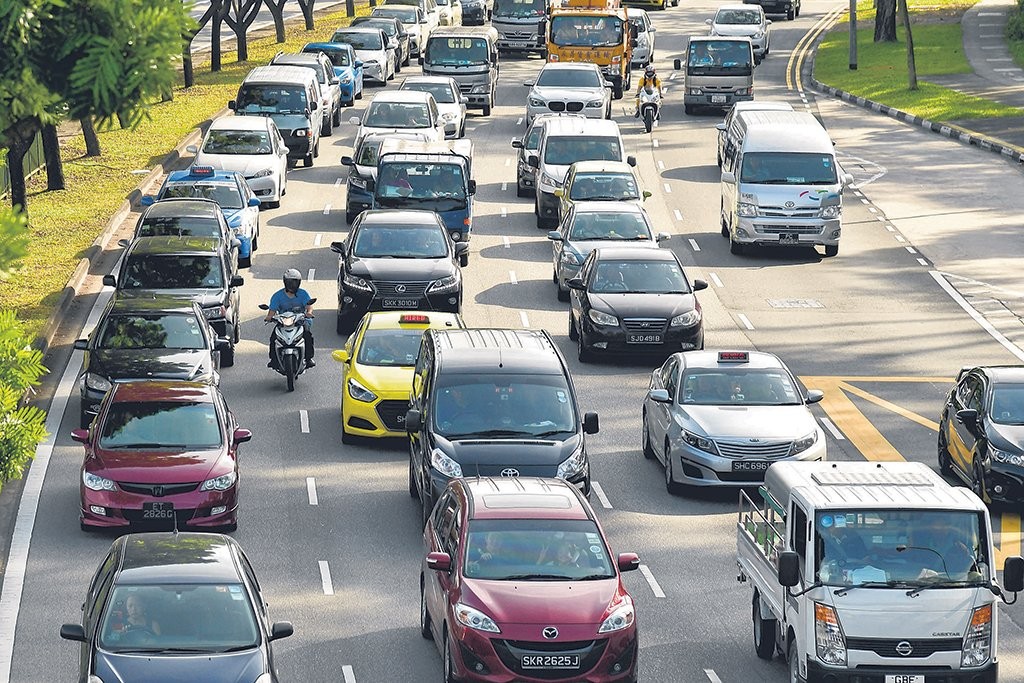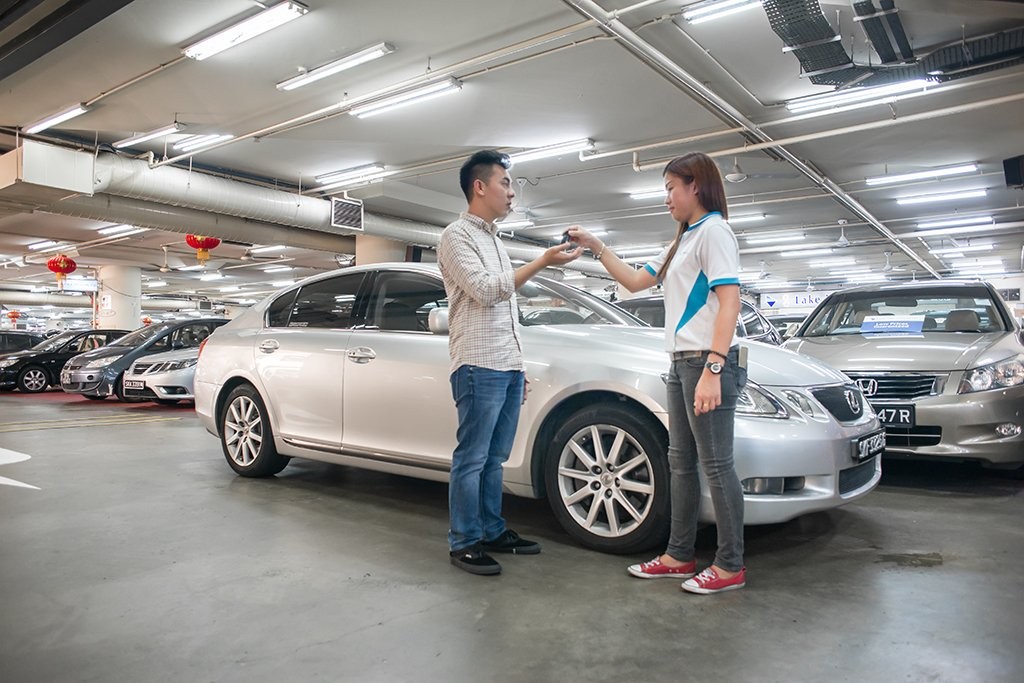Understanding COE prices and how to sell your car for profit
24 Dec 2020|113,566 views
There are many ways to sell your car in Singapore for a profit. That includes selling it yourself, or through a consignment deal, or going through bidding through used car auction sites like Quotz.
But understanding the new and used car market is also important. And it all starts from understanding COE prices.
When COE prices are high, does demand for used cars go up?
For some years now, this has been the case. And its effects may often be slightly delayed when it comes to the used car market.
COE prices were enjoying some consistency up till 2010, when prices started to head upwards.
By April 2010, Cat B COE prices crossed the $40,000 mark for the first time since 2002. By January 2013, prices for both Cat A and Cat B exceeded $90,000.
Some who were in the trade back then would recall how used car marts were packed. While new car prices were high, used cars became desirable due to the significant difference in cost as many were registered with low COEs.
Looking at the Annual Vehicle Statistics published by LTA, it certainly confirms this. New car registrations took a dip - from 68,674 cars in 2009 to 22,008 in 2013.
But if you look at the number of vehicles transferred during the same period, you'll see the opposite effect - 34,003 in 2009 compared to 63,005 in 2013.
While transfer of ownership of a vehicle can be for many reasons, the up trend can still be likened to the demand for used cars during that period.
High COE or low COE, what does this mean for my car and me?
Before we factor the current market valuation for your car, it is good to understand 'paper value' - which is the combination of COE and PARF (if applicable) rebates upon deregistration, excluding body value.
A car may have high paper value if it was bought with an expensive COE. A car bought with low COE on the other hand, may not attract as much in terms of paper value.
So, if COE prices suddenly do take a significant dip, new cars might be more appealing compared to used cars with high paper value and dealer markups.
Current COE prices are low, my car has high COE, what do I do?
In many cases, owners of such cars and dealers who hold such stock will end up scrapping their cars early.
Many will choose to do this, as the annual depreciation for a new car can end up being lower, along with the larger rebates for high COE cars thanks to high paper values.
Plus, with promotions and overtrade options from new car dealers, getting yourself a new car might just be a better choice when COE prices dip.
Can I sell my low COE car at a profit?
A car with lower COE might attract a slightly lower rebate upon deregistration. But you stand to make some profits when you do put your car on the used car market
About two years ago in 2018, COE prices for Cat A fluctuated between $41,400 at its highest in January, to $23,568 at its lowest in December.
Not sure how much of a difference it'll make? Here's an example. A Honda Jazz registered in January 2018 with a COE of $42,339 would attract a deregistration value of $42,432 as of today.
But the same car registered in July 2018 with a COE of $25,000, would attract a deregistration value of $31,662 today - almost $10,000 lesser.
But put both of these vehicles on the used car market, the Jazz with the cheaper COE would match the valuation of other similar cars on the market registered with higher COEs.
But such profits can only last so long. If COEs dip even lower than $25,000, both cars would be of not much value to many car buyers in the market as they turn to new cars.
Should I wait to sell my car, or should I sell it now?
Understanding prices of new car COEs certainly can make you understand the demand for used cars, helping you make a better decision.
You can take some predictions from our analysis of COE quotas and prices. But the general rule of thumb is to know that a car is a depreciating asset. These profits or losses are only effective if COE prices fluctuate.
The longer you hold your car, the more it loses in terms of value. And that includes its value in the used car market and rebates upon deregistration.
If you are considering selling your car, but don't want to deal with the hassle of negotiating with dealers or potential buyers, you can consider selling your car with Sgcarmart Quotz.
Here are some related articles that might interest you
Owners of 2014 to 2016 cars, its prime time to switch to a brand new ride!
Rule of 78: Everything you need to know about early settlement of car loans
Tips to get the best price when selling your car to used car dealers
Here's how you can get more money from selling your car
Car consignment - how it works and other options
Car selling options: A 102 guide
How to transfer vehicle ownership or deregister a car online through LTA
8 common COE renewal regrets and why you should sell your old car
There are many ways to sell your car in Singapore for a profit. That includes selling it yourself, or through a consignment deal, or going through bidding through used car auction sites like Quotz.
But understanding the new and used car market is also important. And it all starts from understanding COE prices.
When COE prices are high, does demand for used cars go up?
For some years now, this has been the case. And its effects may often be slightly delayed when it comes to the used car market.
COE prices were enjoying some consistency up till 2010, when prices started to head upwards.
By April 2010, Cat B COE prices crossed the $40,000 mark for the first time since 2002. By January 2013, prices for both Cat A and Cat B exceeded $90,000.
Some who were in the trade back then would recall how used car marts were packed. While new car prices were high, used cars became desirable due to the significant difference in cost as many were registered with low COEs.
Looking at the Annual Vehicle Statistics published by LTA, it certainly confirms this. New car registrations took a dip - from 68,674 cars in 2009 to 22,008 in 2013.
But if you look at the number of vehicles transferred during the same period, you'll see the opposite effect - 34,003 in 2009 compared to 63,005 in 2013.
While transfer of ownership of a vehicle can be for many reasons, the up trend can still be likened to the demand for used cars during that period.
High COE or low COE, what does this mean for my car and me?
Before we factor the current market valuation for your car, it is good to understand 'paper value' - which is the combination of COE and PARF (if applicable) rebates upon deregistration, excluding body value.
A car may have high paper value if it was bought with an expensive COE. A car bought with low COE on the other hand, may not attract as much in terms of paper value.
So, if COE prices suddenly do take a significant dip, new cars might be more appealing compared to used cars with high paper value and dealer markups.
Current COE prices are low, my car has high COE, what do I do?
In many cases, owners of such cars and dealers who hold such stock will end up scrapping their cars early.
Many will choose to do this, as the annual depreciation for a new car can end up being lower, along with the larger rebates for high COE cars thanks to high paper values.
Plus, with promotions and overtrade options from new car dealers, getting yourself a new car might just be a better choice when COE prices dip.
Can I sell my low COE car at a profit?
A car with lower COE might attract a slightly lower rebate upon deregistration. But you stand to make some profits when you do put your car on the used car market
About two years ago in 2018, COE prices for Cat A fluctuated between $41,400 at its highest in January, to $23,568 at its lowest in December.
Not sure how much of a difference it'll make? Here's an example. A Honda Jazz registered in January 2018 with a COE of $42,339 would attract a deregistration value of $42,432 as of today.
But the same car registered in July 2018 with a COE of $25,000, would attract a deregistration value of $31,662 today - almost $10,000 lesser.
But put both of these vehicles on the used car market, the Jazz with the cheaper COE would match the valuation of other similar cars on the market registered with higher COEs.
But such profits can only last so long. If COEs dip even lower than $25,000, both cars would be of not much value to many car buyers in the market as they turn to new cars.
Should I wait to sell my car, or should I sell it now?
Understanding prices of new car COEs certainly can make you understand the demand for used cars, helping you make a better decision.
You can take some predictions from our analysis of COE quotas and prices. But the general rule of thumb is to know that a car is a depreciating asset. These profits or losses are only effective if COE prices fluctuate.
The longer you hold your car, the more it loses in terms of value. And that includes its value in the used car market and rebates upon deregistration.
If you are considering selling your car, but don't want to deal with the hassle of negotiating with dealers or potential buyers, you can consider selling your car with Sgcarmart Quotz.
Here are some related articles that might interest you
Owners of 2014 to 2016 cars, its prime time to switch to a brand new ride!
Rule of 78: Everything you need to know about early settlement of car loans
Tips to get the best price when selling your car to used car dealers
Here's how you can get more money from selling your car
Car consignment - how it works and other options
Car selling options: A 102 guide
How to transfer vehicle ownership or deregister a car online through LTA
8 common COE renewal regrets and why you should sell your old car


